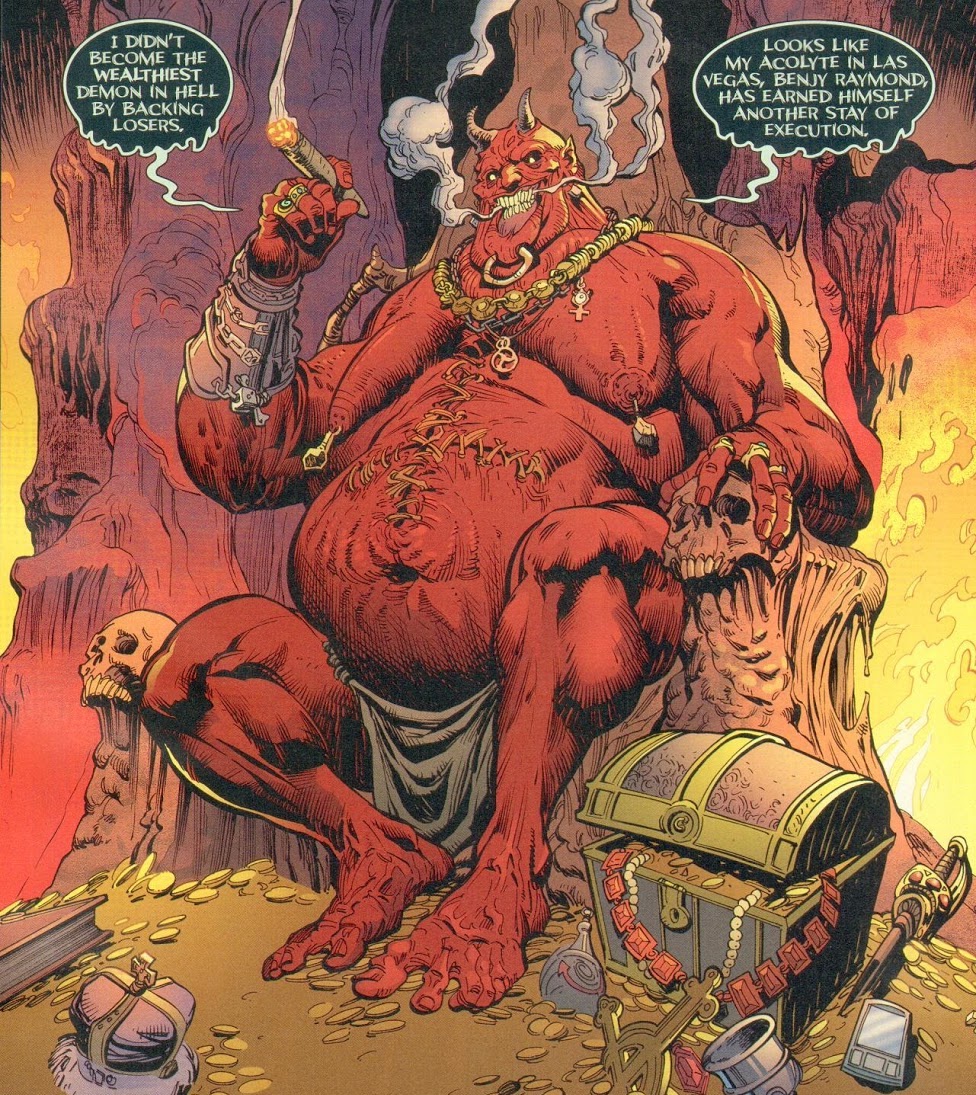who is reciting what "stuff"---------your assertion is in reference to "stuff"?
You. That's who. It's the same disingenuous narrative the neocons and Israeli lobby have been feeding Americans for decades. You're no different. You're just another mouth piece for it. But you have no power beyond a keyboard, so you're contained at least. Downside is that now I've noticed you.
As far as assertions, I've been generous enough not to make any. I'm just letting you know I'm in the neighborhood is all. You have the convenience of a very underinformed audience here who get their daily dose of neocon programming to the point they do not grasp the horse pucky you're reciting. Well...you had the convenience of it.
you should become a diplomat at the UN----you have a talent for
being entirely non-specific---and using lots of words to say nothing

